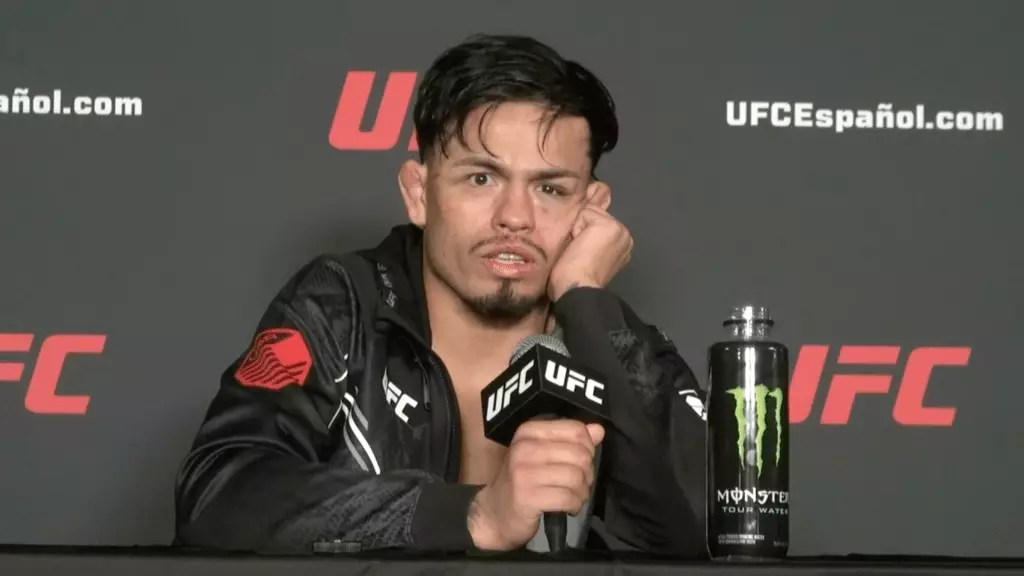In the high-stakes realm of mixed martial arts (MMA), athletes are often lauded for their resilience and relentless dedication to their sport. However, Brandon Royval’s recent decision to withdraw from his upcoming fight against Manel Kape underscores the critical nature of prioritizing health over competition. After facing back-to-back concussions, Royval publicly acknowledged the gravity of his situation, highlighting the pervasive risks athletes encounter. It is not merely a matter of physical well-being; concussions can have long-term ramifications that affect cognitive function, mental health, and overall quality of life.
Royval’s honesty regarding his concussion experience is commendable and sheds light on a significant issue within combat sports. Despite the perception of invincibility often associated with fighters, they are vulnerable to injuries that could jeopardize their lives beyond the octagon. Royval noted that his initial concussion occurred as a result of training—a common situation for many athletes. After recovering, his eagerness to return to action led to a second, more severe concussion, prompting him to reevaluate his circumstances and realize that reckless training could have dire consequences.
As athletes grapple with the pressure to perform, the line between bravery and recklessness often blurs. Royval’s decision to withdraw from the fight exemplifies a conscious effort to embrace the mentality of self-care, emphasizing the necessity of listening to one’s body and seeking proper recovery.
In expressing his respect for Manel Kape and acknowledging the dangers of competing at a high level while still physically compromised, Royval demonstrates a maturity that many young fighters may overlook. He recognizes not only his own limitations but also the respect due to his opponent as a skilled striker. This level of sportsmanship is essential in combat sports, where gamesmanship can quickly become perilous if athletes do not take their opponents seriously.
By stepping back now, Royval shows he is playing the long game in a career where so many chase instant gratification. The flyweight division often features explosive exchanges and quick finishes, where every strike can turn the tide. It would be unwise for a fighter recovering from serious head trauma to enter such an arena unprepared, both physically and mentally.
Moving forward, Royval’s decision to temporarily step away from the competition may very well protect not just his career, but his life, allowing him to return stronger and healthier. He has a history of resilience, coming back from setbacks with remarkable vigor, as demonstrated by his previous victories after experiencing defeat. Fans can look forward to his eventual return, as he fully recovers and readies himself to confront the challenges that lie ahead, once again showcasing the strength and tenacity that have defined his journey as a fighter.
As Royval takes this necessary break, it serves as a potent reminder for all athletes about the importance of prioritizing mental and physical health. While the allure of the fight game is strong, ensuring one’s well-being must always come first. In a sport fraught with risks, Royval’s courageous choice may inspire others to evaluate their situations critically and embrace a culture of health consciousness alongside competitiveness.

